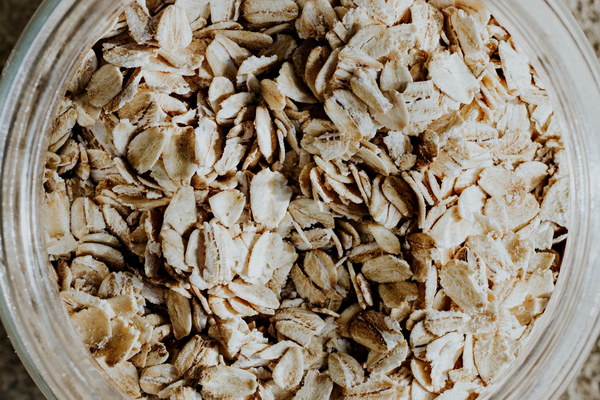The Interconnectedness of Liver and Spleen Should We Nourish the Kidneys First
In traditional Chinese medicine (TCM), the body's organs are interconnected, and their health is interdependent. One common question that often arises in TCM is whether we should nourish the kidneys first or focus on the liver before addressing kidney issues. In this article, we will explore the relationship between the liver, spleen, and kidneys, and discuss the concept of nourishing the kidneys first while also considering the importance of balancing the liver and spleen.
In TCM, the liver plays a crucial role in maintaining the balance of the body's energy, or Qi. The liver is responsible for storing blood, regulating emotions, and ensuring a smooth flow of Qi throughout the body. When the liver is balanced, it helps to support the kidneys in their functions of storing essence and regulating water metabolism.
The spleen, on the other hand, is responsible for transforming and transporting nutrients from the digestive system to the rest of the body. It also plays a significant role in the production of blood and maintaining the body's energy levels. A healthy spleen ensures that the kidneys receive adequate nourishment to perform their functions effectively.
Now, let's address the question: Should we nourish the kidneys first or focus on the liver before addressing kidney issues? The answer lies in understanding the interdependence of these organs.
In TCM, it is believed that the liver and spleen are closely connected. The liver generates Qi, which is then transported by the spleen. This relationship is often summarized by the phrase, The liver rules the Qi, and the spleen controls the transportation of Qi. When the liver and spleen are in harmony, the body's Qi flows smoothly, leading to overall health and well-being.
However, when the liver is imbalanced, it can affect the spleen's function, and vice versa. For instance, liver Qi stagnation can lead to a weakened spleen, resulting in symptoms such as fatigue, bloating, and loose stools. Conversely, a weakened spleen can lead to liver Qi stagnation, causing emotional disturbances, irritability, and other liver-related issues.

Given this interconnectedness, it is essential to consider both the liver and spleen when addressing kidney issues. While nourishing the kidneys is important, balancing the liver and spleen can also play a significant role in kidney health.
Here are a few ways to nourish the kidneys and balance the liver and spleen:
1. Diet: Incorporate foods that are rich in vitamins, minerals, and antioxidants to support kidney health. Foods such as dark leafy greens, nuts, and seeds are beneficial for the kidneys. Additionally, consume foods that nourish the liver and spleen, such as sweet potatoes, carrots, and tofu.
2. Exercise: Regular physical activity can help maintain a healthy liver and spleen, as well as support kidney function. Activities like yoga, tai chi, and walking can be particularly beneficial.
3. Mindfulness: Stress can negatively impact the liver and spleen, so practicing mindfulness and relaxation techniques, such as meditation or deep breathing exercises, can help maintain their balance.
4. Herbs and Supplements: Certain herbs and supplements can support liver, spleen, and kidney health. Consult with a qualified TCM practitioner to determine which options are best for you.
In conclusion, while nourishing the kidneys is important, addressing the liver and spleen can also play a significant role in maintaining kidney health. By understanding the interconnectedness of these organs and implementing a holistic approach to health, you can support your overall well-being and promote kidney health. Remember to consult with a qualified TCM practitioner for personalized advice and treatment.









